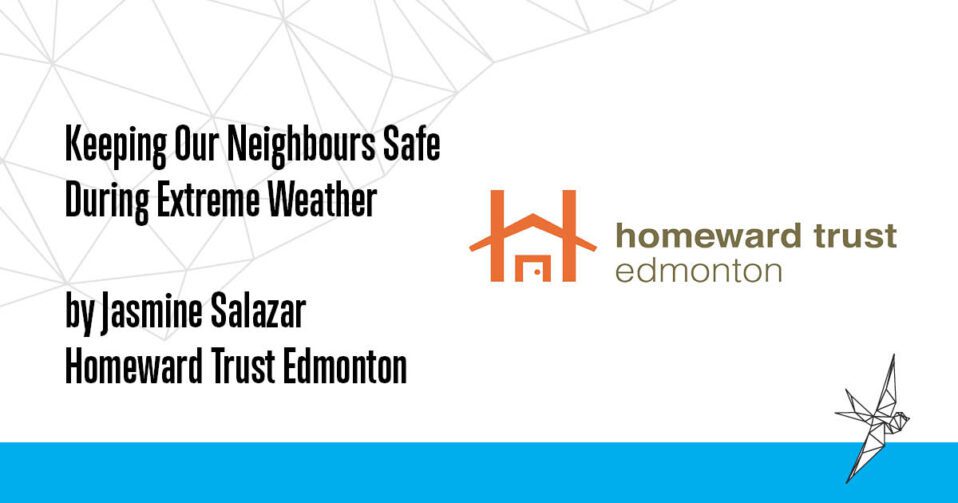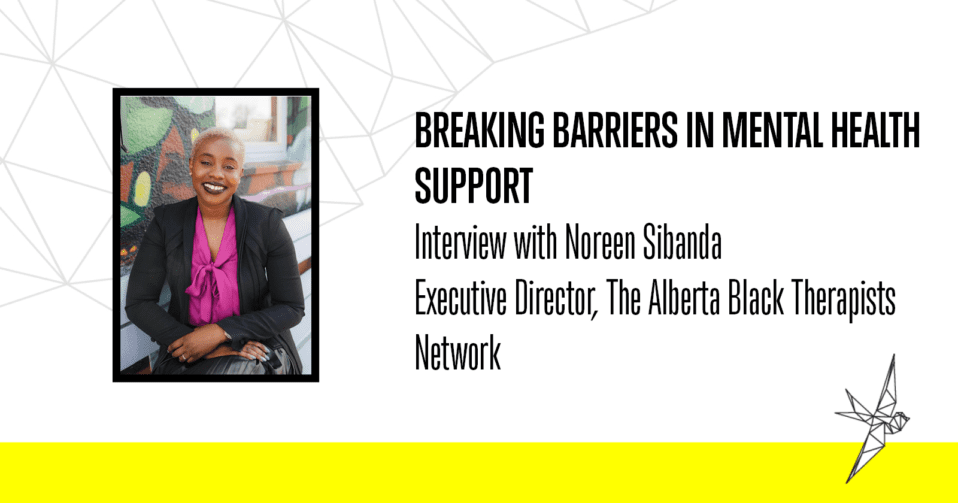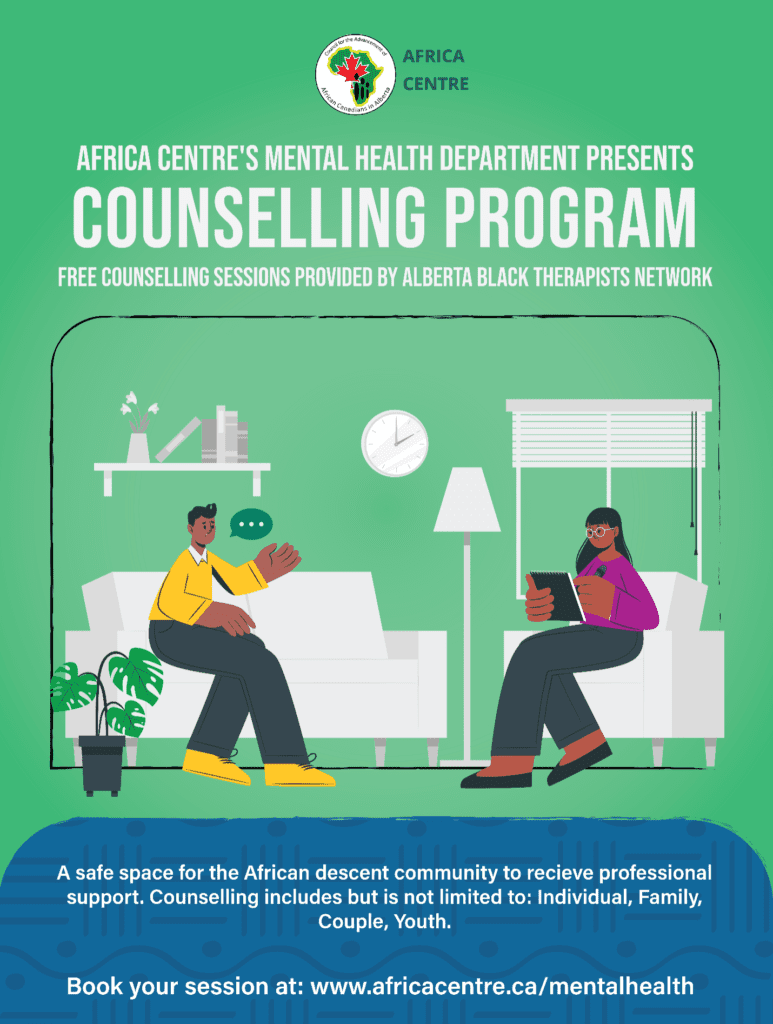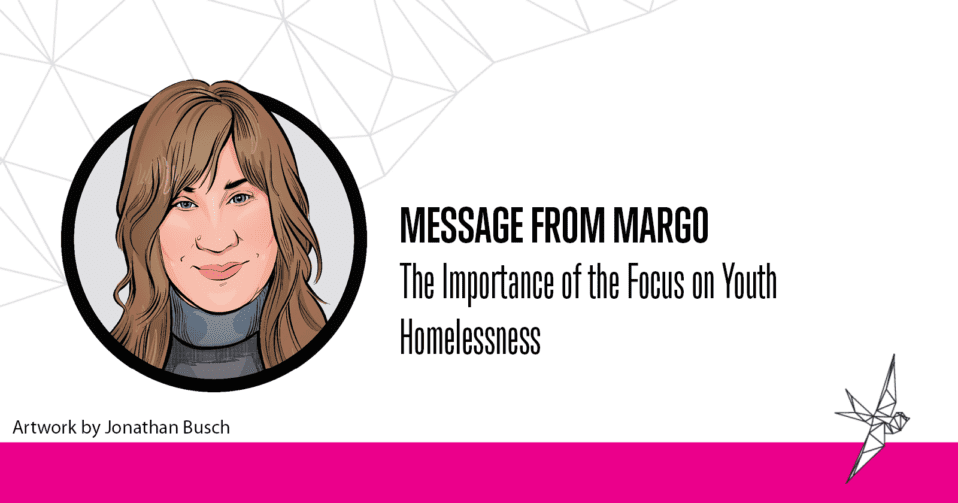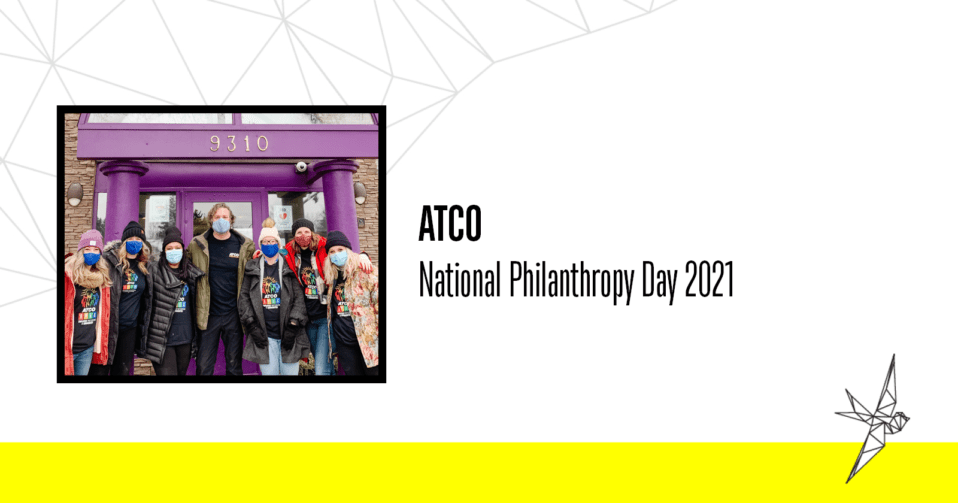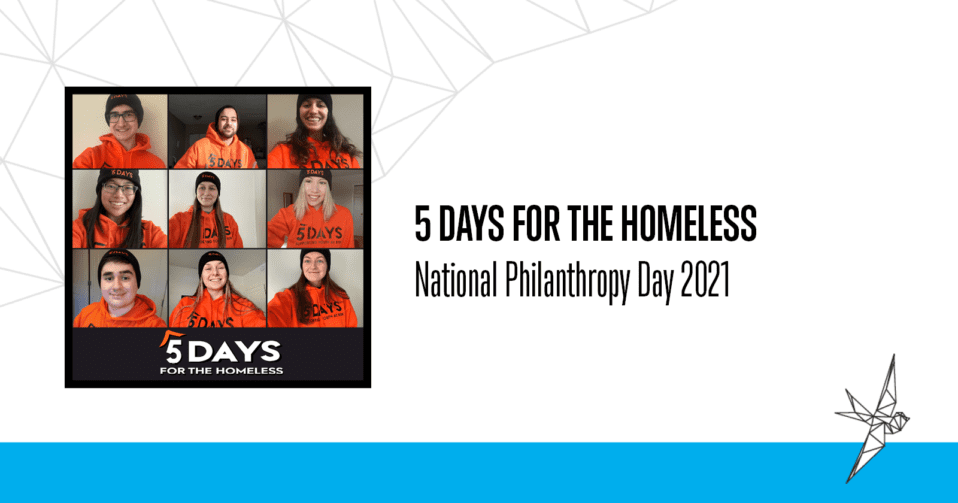In fall 2021, YESS Programming Coordinator Shantell Martineau was inspired to create a girls’ empowerment group where participants could learn and support each other.
“This idea for an empowerment group for girls was sparked after attending the Indspire 2020 National Gathering for Indigenous Education,” says Shantell. “One group presenting was called Young Indigenous Women’s Utopia out of Saskatoon, SK, Treaty 6 Territory. They had created a girls empowerment group, affiliated with Circles within Circles, to support the fight against gender-based violence.
“I felt in my heart that Edmonton youth needed a group like this one. One where they belong, they connect, they learn, they grow, and one day they empower others. Efry’s [Elizabeth Fry Society of Northern Alberta] Youth Services Programming Coordinator, Avnit Dhanoa, reached out to me in the early fall to collaborate and the idea was formalized in a beautiful collaborative program.”
The We Belong Circle creates space for YESS and Efry youth to engage in the learning and developing of life skills, cultural knowledge, and how to empower others and themselves. The goal is to build a culture of sisterhood within the group and to lead them towards social justice initiatives that help to combat gender-based violence.
We talked to Shantell’s collaborator at Efry, Avnit Dhanoa, about their side of the experience in how this project came to be and the impact it has on the youth who access Efry. Efry’s mission is to advance the dignity and worth of all women and girls who are or may be at risk of becoming criminalized.
Tell us about yourself and your organization!
My name is Avnit (she/her) and I am the Youth Services Program Coordinator at Elizabeth Fry Society of Northern Alberta! At Efry, we advocate for women, girls, and gender diverse folks who are criminalized and marginalized in society. As a youth coordinator, I run multiple programs and support youth through the criminal justice system. When I’m not working with the kiddos, I enjoy solo cafe days and film photography!
How did the We Belong Circle collaboration come about? What has the impact of this program been?
When I started my position as a youth coordinator, I really wanted there to be a program where youth could get together and express/get to know their identity, especially their identity as a person of colour. I know how hard it can be to grow up as a minority and this circle is meant for them to feel a sense of connection with themselves, each other, and the land around them. The youth are able to have open discussions where they aren’t afraid of being judged and they are surrounded by people who understand what they might be going through. As someone who primarily works with youth in the criminal justice system, a program like the We Belong Circle has long-lasting effects where youth in our community are exposed to a sense of sisterhood at a younger age, hopefully keeping them away from the system.
What is one thing you wish the community knew about youth who have experienced trauma and homelessness?
Children who grow up in broken homes will gravitate towards the same brokenness as youth. They find comfort in the chaos because they don’t know what life looks like without it. If you are a youth worker, community member, or simply anyone who is witnessing a youth putting themselves at risk, don’t give up on them.

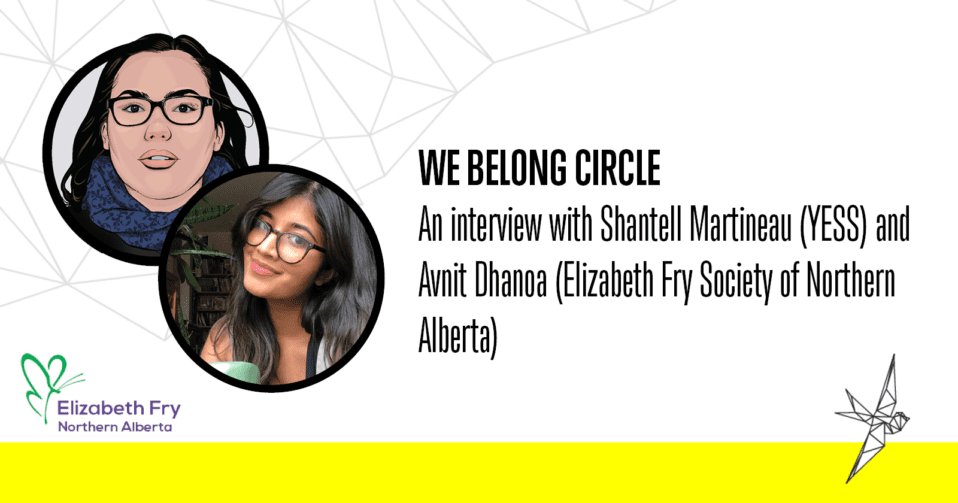
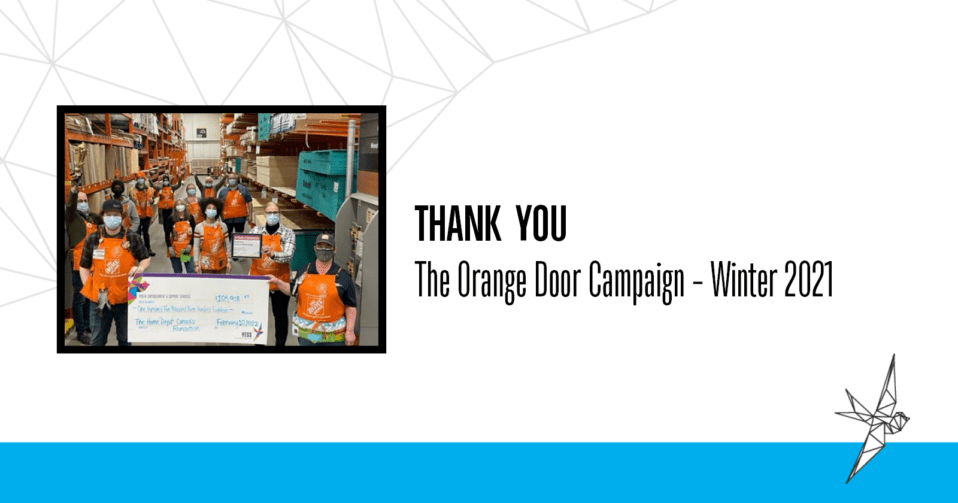
 Home Depot Clareview
Home Depot Clareview Home Depot Sherwood Park
Home Depot Sherwood Park Home Depot Skyview
Home Depot Skyview Home Depot South Common
Home Depot South Common Home Depot Strathcona
Home Depot Strathcona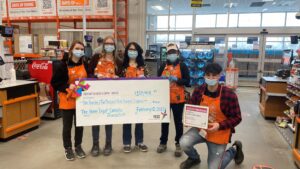 Home Depot Westend
Home Depot Westend


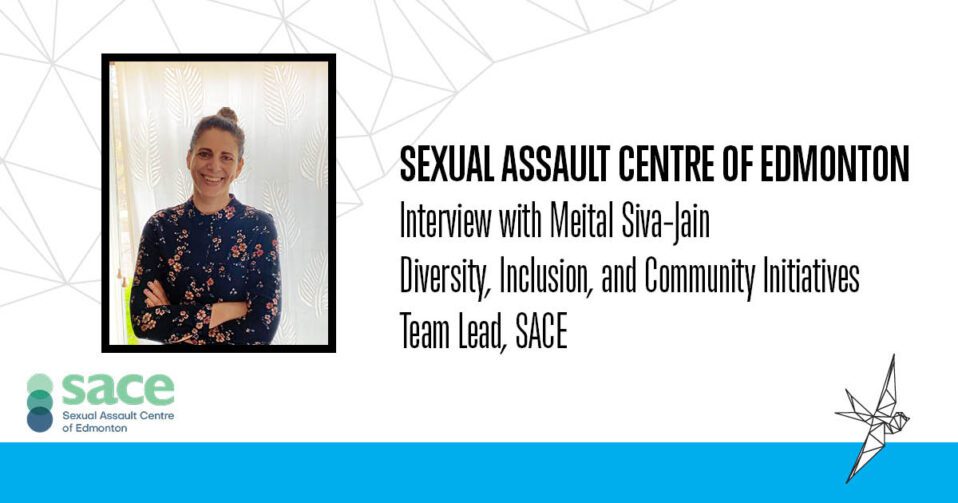
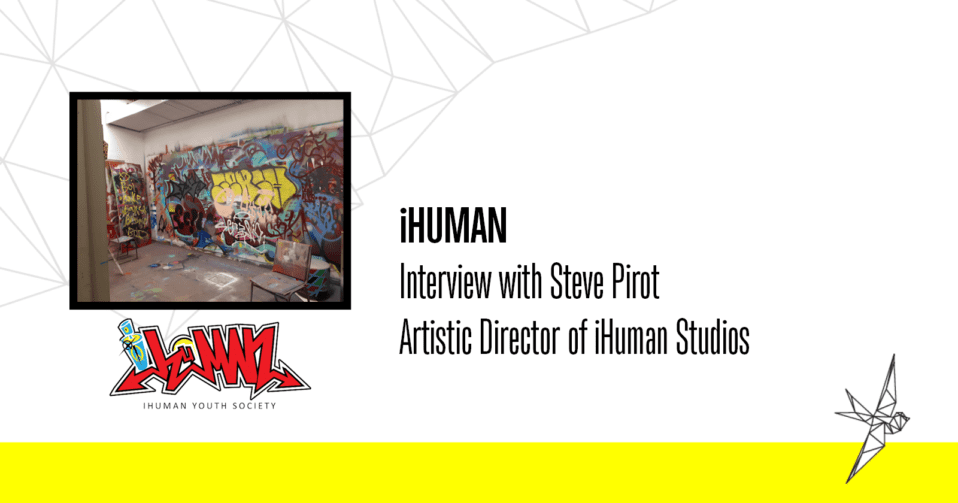
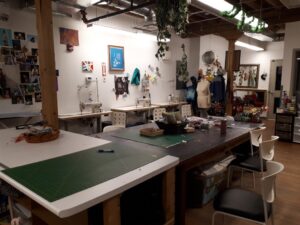 Tell us a bit about yourself and your work with iHuman.
Tell us a bit about yourself and your work with iHuman. Why is art/creativity an important experience for youth to cultivate and have access to?
Why is art/creativity an important experience for youth to cultivate and have access to?